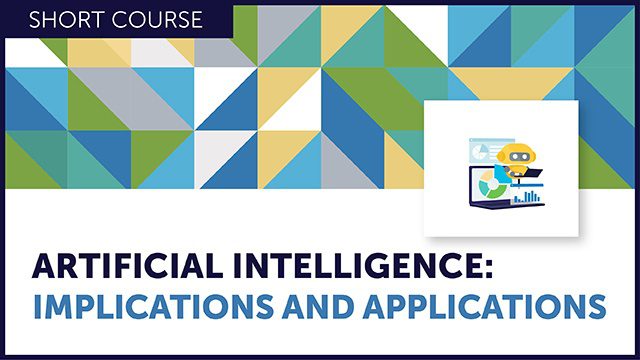AI and Technology
Blog: Embracing AI Integration: Navigating the Path to Business Transformation
One of the most significant game-changers for businesses in recent times is the emergence of Artificial Intelligence (AI) applications. AI has the power to transform businesses, reshape industries and unlock new levels of productivity and innovation. However, to fully harness its potential, businesses must adopt a human-centred approach, recognising AI integration as a challenge that requires strategic thinking, employee empowerment and a culture of innovation and continuous learning.
Through its advanced algorithms and computational power, AI empowers organisations to automate repetitive tasks which could enable employees to focus on more strategic and higher-value tasks, streamline processes and achieve unprecedented operational efficiencies. However, AI goes beyond automation by analysing vast amounts of data, providing valuable insights and enabling organisations to make informed strategic choices, identify opportunities and proactively address challenges.
There is no doubt that the integration of AI into business will be fast and challenging for leaders and organisations. The integration of AI brings about a dual effect, where certain jobs may become obsolete while new roles that leverage AI technologies emerge. To effectively address this shift, organisations must prioritise training, reskilling and upskilling initiatives with a clear line of communication. According to the World Economic Forum’s Future of Jobs Report 2023, training of workers in AI and big data is identified as a top priority for skills training in the next five years. The same report also says that technology adoption and broadening digital access will be key drivers of business transformation in the next five years.
Leaders play a pivotal role in successfully integrating AI into businesses; they must take the lead in steering the transformation, seeing AI adoption as an opportunity rather than a threat. Leaders need to recognise that the effects of automation and AI integration will vary across industries and job categories. More importantly, they have to ensure that their workforce understands AI is there to augment their capabilities rather than replace them. So, to have a successful integration of AI into their businesses, leaders should prioritise building AI aptitude within their teams, take a deliberate and systemic approach to AI adoption, strategically address pain points, establish clear communication channels and encourage a culture of innovation. Another important factor to consider is creating a culture that encourages experimentation, learning from failures and continuous improvement. By promoting a growth mindset and rewarding creativity, leaders can foster an environment that encourages employees to explore new possibilities and drive innovation. By proactively preparing their workforce for the AI revolution, leaders can ensure employees are equipped with the necessary skills to adapt to the evolving job market.
By recognising the transformative power of AI, investing in training and skills development, and embracing a culture of innovation, businesses can unlock new opportunities, drive growth and thrive in an AI-driven world. By making sure leaders understand what AI can do and how to harness its potential, organisations can successfully navigate the challenges, ultimately shaping the future of work and creating a sustainable competitive advantage.
Want to learn how to leverage AI to streamline HR processes, automate tasks, and drive business growth? Check out CRF Learning’s On Demand course, Artificial Intelligence: Implications and Applications.




